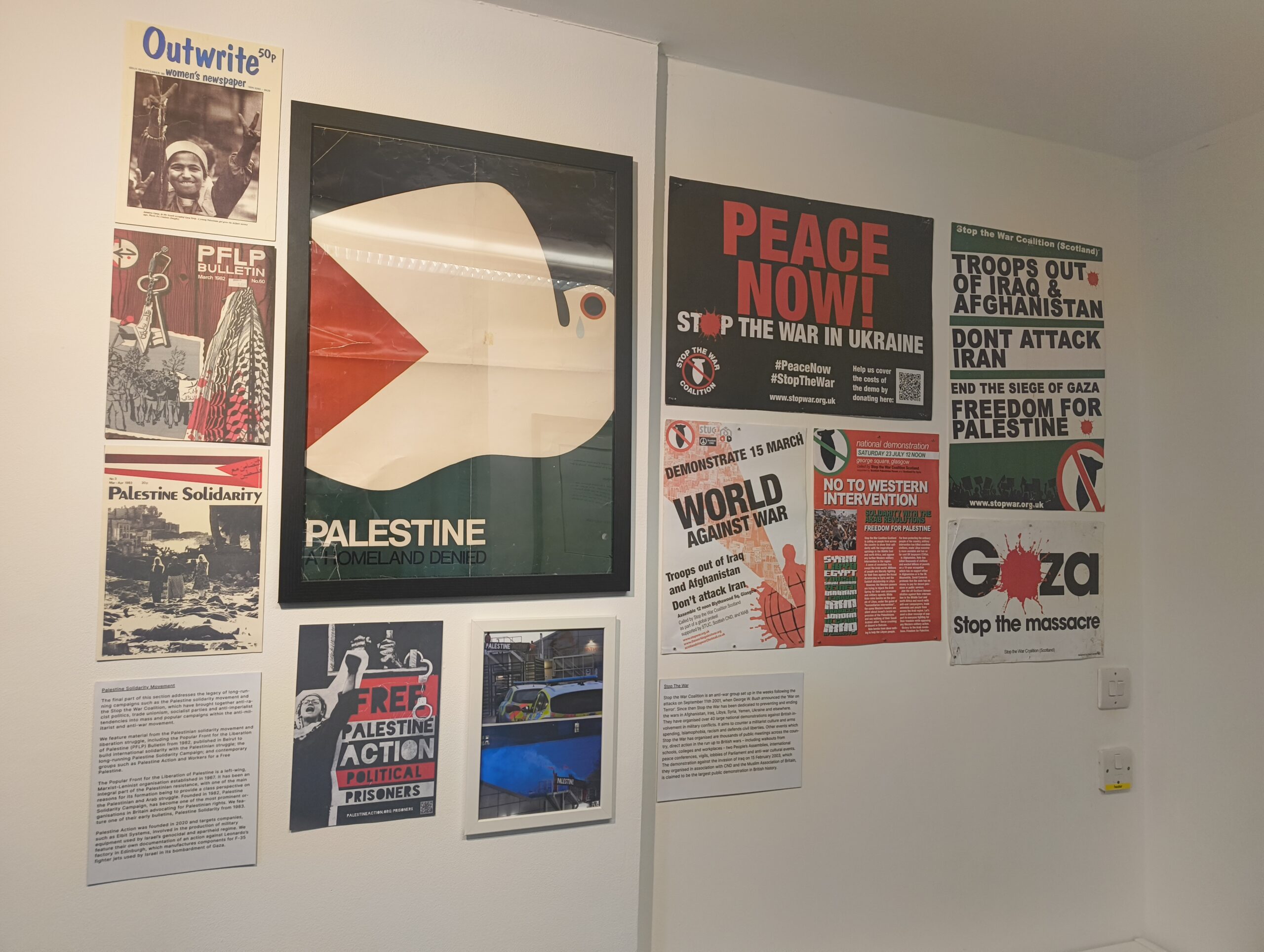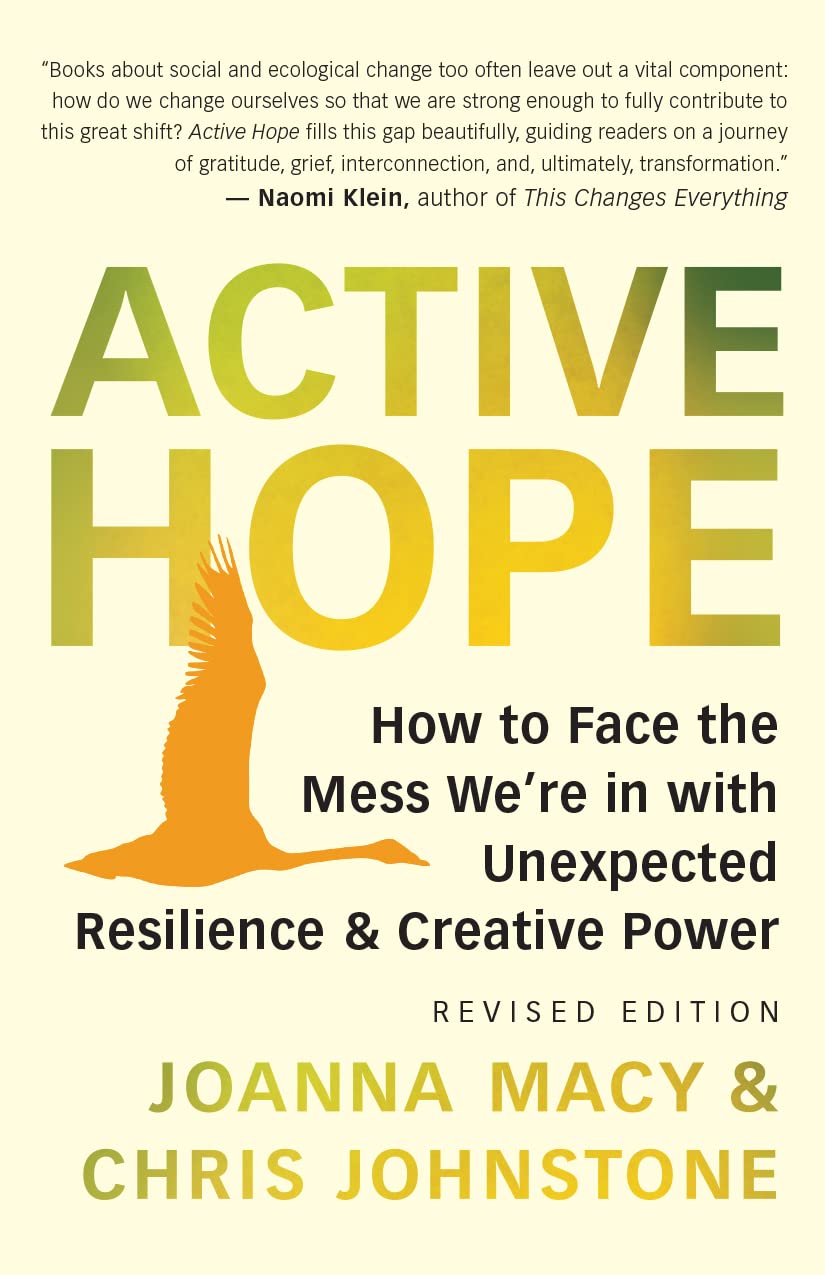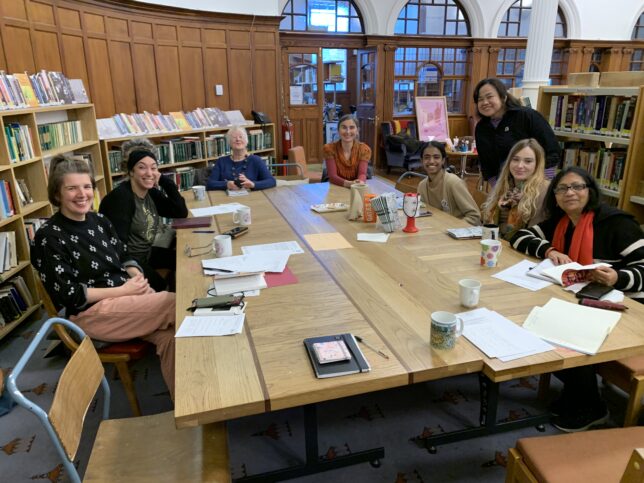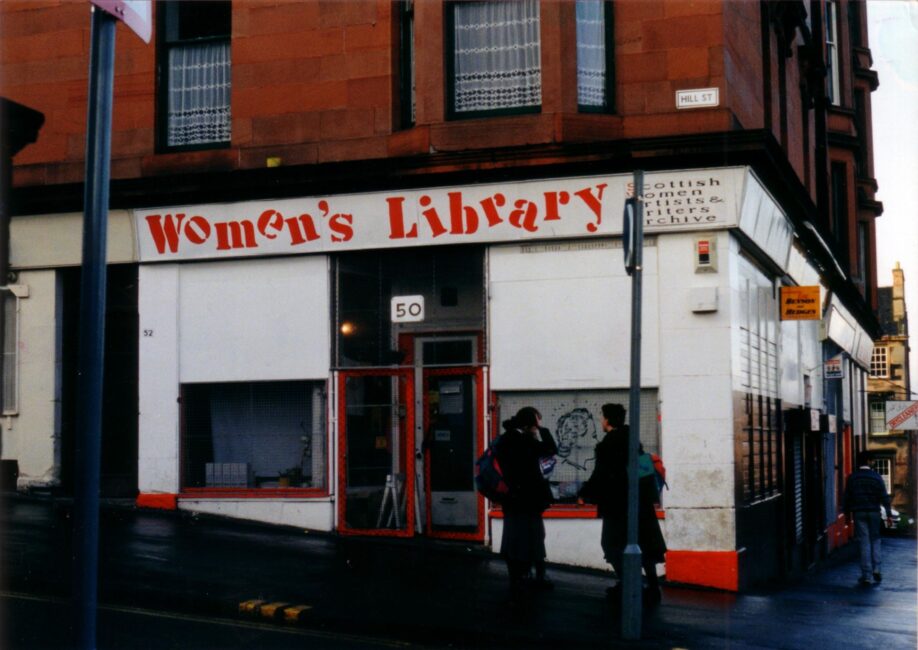Our regular Book Picnic note taker and blogger Jenna was away this summer, so I took some notes which our volunteer Aileen has kindly typed up. So, better late than never, here are our reading recommendations from the summer of 2023.
The ones with a star* can be borrowed from GWL. To check if they are available visit this page: http://womenslibrary.heritage4.com/

Strong Female Character by Fern Brady*
Content warning: abusive relationships (but nothing graphic)
Recommended by Anna M, this is Scottish comedian Fern Brady’s memoir on sexism and neurodiversity and her experiences navigating most of her life as an undiagnosed autistic woman.
This is a book about how being a woman gets in the way of people’s expectation of what autism should look like and, equally, how being autistic gets in the way of people’s expectations of what a woman should look like.
Hear No Evil by Sarah Smith
Recommended by Pauline and based on a case from Scottish legal history.
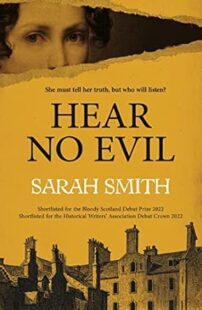
In Glasgow in 1817, Jean Campbell – a young, Deaf woman was witnessed throwing a child into the River Clyde from the Old Bridge. If found guilty she faces one of two fates; death by hanging or incarceration in an asylum. But Jean’s deafness leaves her isolated and unable to defend herself, until the authorities call in Robert Kinniburgh, a talented teacher from the Deaf & Dumb Institution.
Through a difficult process of trial and error, Robert and Jean manage to find a rudimentary way of communicating with each other. As Jean grows to trust Robert, she reveals what really happened on that bridge over the river Clyde. And Robert, now embroiled in this dark case, must act quickly to ensure justice is served, before it is too late.
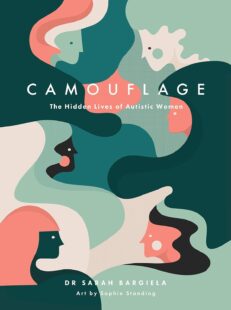
Camouflage, Hidden Lives of Autistic Women by Sarah Bargiela*
Recommended by Doreen. Autism in women and girls is still not widely understood and is often misrepresented or overlooked. This graphic novel offers an insight into the lives and minds of autistic women using real-life case studies. The book takes readers on a visual journey of how women on the spectrum experience everyday life, from metaphors and masking in social situations, to friendships and relationships and the role of special interests.
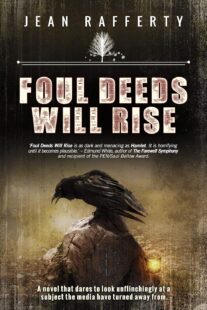
Foul Deeds Will Rise by Jean Rafferty
Recommended by Anna F.
Alma Black is a campaigning journalist who travels to Orkney to interview Hugh Watts, a troubled survivor of childhood Satanist abuse. Through listening to the terrible details of his story, she is forced to confront the demons in her own past.
Shrines of Gaiety by Kate Atkinson*
Recommended by Wendy.
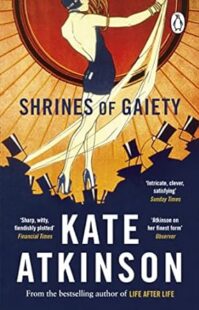
1926, and in a country still recovering from the Great War, London has become the focus for a new nightlife. In the clubs of Soho, peers of the realm rub shoulders with starlets, foreign dignitaries with gangsters, and girls sell dances for a shilling a time. At the heart of this glittering world is notorious Nellie Coker, ruthless but also ambitious to advance her six children. But beneath the gaiety, there is a dark underbelly, a world in which it is all too easy to become lost.
The Wee Yellow Butterfly by Cathy McCormack and Marian Pallister*
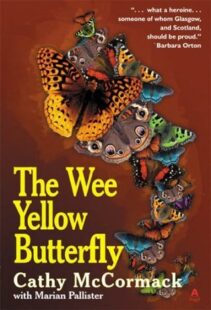
Recommended by Annie. Cathy McCormack’s family came from Glasgow’s Gorbals. They later moved to one of Europe’s largest public housing schemes. The Wee Yellow Butterfly is Cathy McCormack’s inspiring story of how, from unpromising beginnings, she has spent her life committed to seeking justice and finding fulfilment. For those ‘trapped in a toxic mixture of economic circumstance and bad politics’, life can be hard. Yet, as Cathy McCormack’s story shows, a strong spirit and a refusal to accept what is given can release energy and creativity for individuals and their communities.
Horse by Geraldine Brooks
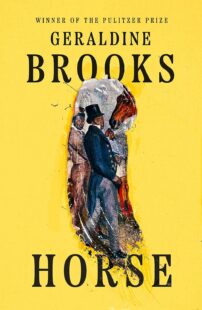
Recommended by Elaine. In Kentucky in 1850, an enslaved groom named Jarret and a bay foal forge a bond that will carry the horse to record-setting victories across the South. When the nation erupts in civil war, a young artist who has made his name on paintings of the racehorse takes up arms for the Union. On a perilous night, he reunites with the stallion and his groom, very far from the glamour of any racetrack.
Based on the true story of the record-breaking thoroughbred, Lexington, who became America’s greatest stud sire, Horse is a gripping story depicting the legacy of enslavement and racism in America.
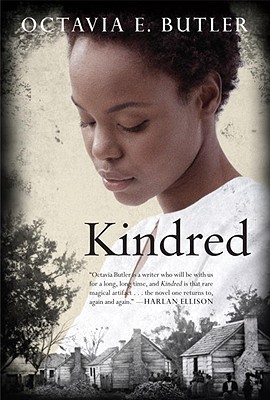
Kindred by Octavia E. Butler*
Also recommended by Elaine. Dana, a modern Black woman, is celebrating her 26th birthday with her new husband when she is transported back through time from her home in California.
When Dana first meets Rufus on a Maryland plantation, he’s drowning. She saves his life – and it will happen again and again. Dana is drawn back repeatedly through time to the slave quarters, and each time the stay grows longer, more arduous, and more dangerous until it is uncertain whether or not Dana’s life will end, long before it has a chance to begin.
Fludd by Hilary Mantel*
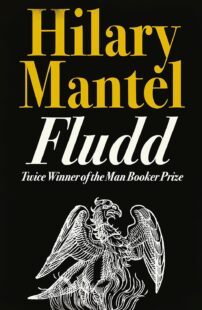
Recommended by Pauline. This is a dark fable of lost faith and awakening love amidst the moors. Fetherhoughton is a drab, dreary town somewhere in a magical, half-real 1950s north England, full of ignorance and superstition. Father Angwin, the town’s priest, has lost his faith, and wants nothing more than to be left alone. Sister Philomena strains against the monotony of convent life and the pettiness of her fellow nuns. The rest of the town goes about their lives in a haze, a never-ending procession of grim, grey days stretching ahead of them.
Yet all of that is about to change. A strange visitor appears one stormy night, bringing with him the hint, the taste of something entirely new, something unknown. But who is Fludd? An angel come to shake the Fetherhoughtonians from their stupor, to reawaken Father Angwin’s faith, to show Philomena the nature of love? Or is he the devil himself, a shadowy wanderer of the darkest places in the human heart?
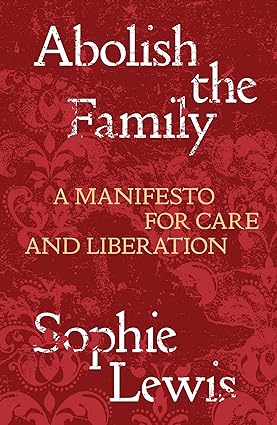
Abolish the Family: A Manifesto for Care and Liberation by Sophie Lewis
Recommended by Gaby.
What if we could do better than the family? For those who are lucky, families can be filled with love and care, but for many they are sites of pain: from abandonment and neglect, to abuse and violence. Nobody is more likely to harm you than your family.
Even in so-called happy families, the unpaid, unacknowledged work that it takes to raise children and care for each other is endless and exhausting. But what if it could be different? Feminist critic Sophie Lewis makes the case for family abolition – only by thinking beyond the family can we begin to imagine what might come after.
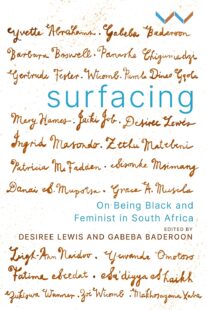
Surfacing: On Being Black and Feminist in South Africa – anthology edited by Desiree Lewis and Gabeba Baderoon
Recommended by Caroline.
This book is the first collection dedicated to contemporary Black South African feminist perspectives. Feminist theorist, Desiree Lewis, and poet and feminist scholar, Gabeba Baderoon, have selected personal essays, poetry, critical theory and rich life histories from some of the country’s best writers, thinkers and activists.
Playing in the Light by Zoe Wicomb*
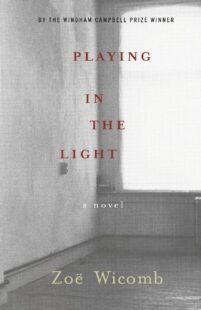
Also recommended by Caroline.
Set in 1990s Cape Town, Zoë Wicomb’s novel revolves around Marion Campbell, who runs a travel agency but hates traveling, and who, in post-apartheid society, must negotiate the complexities of a relationship with Brenda, her first black employee.
Caught in the narrow world of private interests and self-advancement, Marion rejects national politics until the Truth and Reconciliation Commission throws up information that brings into question not only her family’s past but her identity and her rightful place in contemporary South African society.


